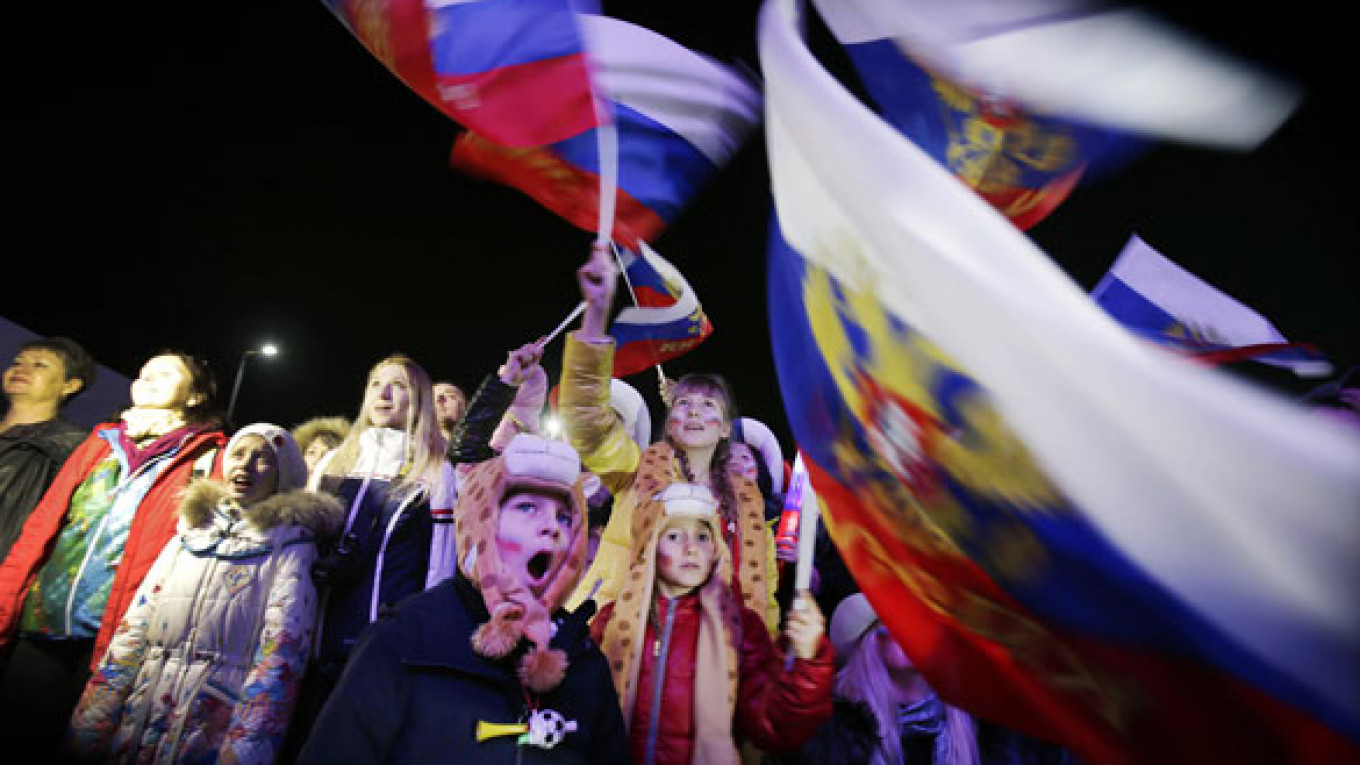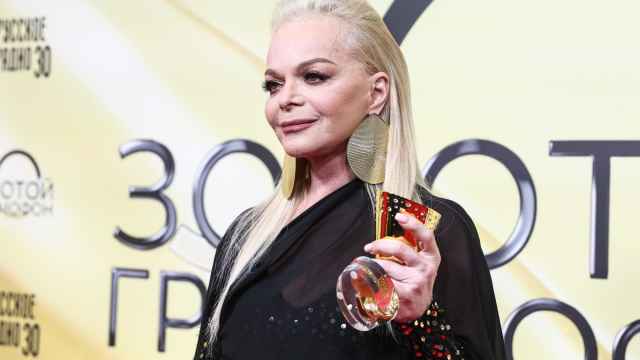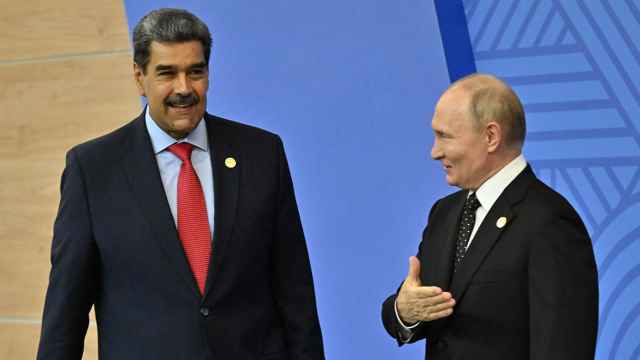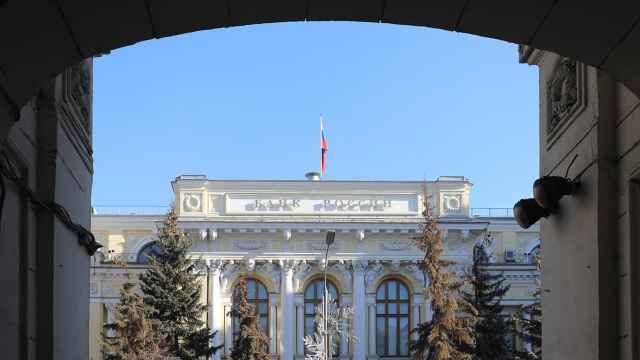SOCHI — Sports largely overshadowed politics the first weekend of the Sochi Olympic Games, with Sunday's most talked-about protest centering on swaying skiers rather than human rights or corruption scandals.
The Russian cross-country skiing team lodged an unsuccessful protest against the results of the men's 30 kilometer race after its skier Maxim Vylegzhanin missed out on the country's first medal of the Games. The skier was one-tenth of a second behind bronze medal winner, Norwegian Martin Sundby, who allegedly swerved into the Russian's lane while a quartet of racers sprinted to the finish line. The International Ski Federation later rejected the results protest, though it did give Sundby a written reprimand for the move, The Associated Press reported.
The gratification of Russia's first medal at Sochi would come later in the day when skater Olga Graf won bronze in the women's 3000 meter race and celebrated to fans' tripartite Ro-ss-ia, or Russia, chants.
Dutch skater Ireen Wust's victory in the event continued a fast start for the Netherlands' speed skating team, who captured the whole podium at the men's 5000 meter event on Saturday. The Adler Arena Skating Center that witnessed the sweep was full of the Netherlands' orange, a color that spilled out to the rest of the Olympic park as well.
Carrying themselves with a certain sense of professionalism, the Dutch fans were clad in their country's gear and were always well-organized in their chants.
"This is our first time in Russia and we like it," said Maasten de Boen, while his countrymen were singing Queen's "We are the Champions."
The overall mood of the Games was fairly animated and visitors gaped at Sochi's venues, which have been widely discussed and written about since Russia was granted the Olympics in 2007, but now they have become tangible objects.
"What surprised me the most is the scale of the new shining facilities," de Boen said.
Many visitors to Sochi, including a large number of foreign journalists, have complained about construction defects, dirty hotel water and stray dogs, though the Dutch fan said he had not noticed any.
Visitors' attention may have been distracted by a near-endless array of kiosks selling hot dogs, soda, pancakes and lamb shashliks scattered in the middle of the Sochi Olympic Park, which has attracted thousands of people and turned the area into something like a fair.
A volunteer that was calling people to join the line for entry into the souvenir shop for Bosco di Ciliegi, the sportswear sponsor of the Russian team, said that the waiting time would be from 1 1/2 to two hours.
Observing the influx of people, at 4 p.m Saturday the organizers had to stop selling entry tickets into the park.
During a Sunday news conference, organizing committee president Dmitry Chernyshenko said he did not expect that there would be empty seats in the venues.
"We were lucky to have a huge demand for tickets. We faced incredible demand here with long lines. We are increasing the number of cashiers," he said.
In the Olympic Park, many people popped out of the line and just walked around the grounds. Pavilions, some of them plain, some glitzy, some chic, sold merchandise or acted as small ministries for the teams of major winter sports powers, like the U.S. and Canada.
Michael Vigil came to Sochi from Florida and said he planned to stay 10 days before visiting Moscow. He said he saw no difficulty in his hotel situation and that the thing that surprised him the most was how nice Russian people were.
"You know, our presidents might not get along, but the people will always find common language here," he said.
Contact the author at [email protected]
A Message from The Moscow Times:
Dear readers,
We are facing unprecedented challenges. Russia's Prosecutor General's Office has designated The Moscow Times as an "undesirable" organization, criminalizing our work and putting our staff at risk of prosecution. This follows our earlier unjust labeling as a "foreign agent."
These actions are direct attempts to silence independent journalism in Russia. The authorities claim our work "discredits the decisions of the Russian leadership." We see things differently: we strive to provide accurate, unbiased reporting on Russia.
We, the journalists of The Moscow Times, refuse to be silenced. But to continue our work, we need your help.
Your support, no matter how small, makes a world of difference. If you can, please support us monthly starting from just $2. It's quick to set up, and every contribution makes a significant impact.
By supporting The Moscow Times, you're defending open, independent journalism in the face of repression. Thank you for standing with us.
Remind me later.






